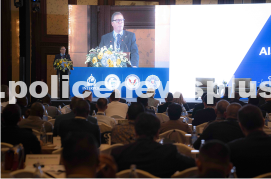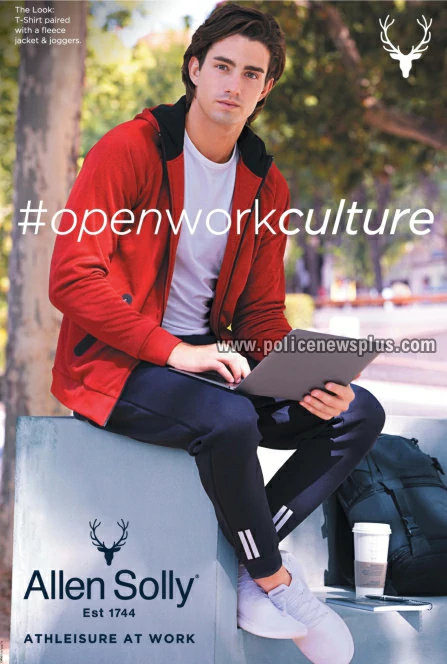In just six hours, an Artificial Intelligence (AI) system generated tens of thousands of chemical compounds with potential for use as chemical weapons, highlighting the risk of malicious actors exploiting advanced technologies for deadly purposes. Earlier this year, USB drives containing improvised explosive devices were sent to various media stations in Ecuador, prompting INTERPOL to issue a Purple Notice to disseminate crucial crime-related intelligence on new operational methods. These incidents underscore the intricate and diverse nature of chemical threats, necessitating a multifaceted approach along the entire supply chain to effectively counter them and enhance global chemical security.
This week, over 300 experts from law enforcement, industry, international organizations, government, and academia gathered in Bangkok to exchange information, case studies, and best practices concerning risk management, public-private partnerships, and challenges in implementing robust chemical security measures. The Police Lieutenant General, Assistant Commissioner-General of the Royal Thai Police emphasized the importance of staying ahead of criminals and terrorists in their quest to acquire hazardous chemicals for malicious purposes, highlighting INTERPOL’s pivotal role in facilitating collaborations between law enforcement, government, and the private sector to ensure timely and pertinent information sharing. This year’s plenary meeting, themed “Chemical Security in Action,” also addressed emerging threats such as illicit use of 3D printing, pharmaceutical-based agents, and AI.
Since its inception in 2018, the Global Chemical Congress and Emerging Threats network has played a vital role in closing security loopholes through its cross-sectoral approach and provision of actionable intelligence to participants. A U.S.-based private chemical company enhanced its policies and procedures for transporting chemical products following last year’s meeting, directly influenced by the sharing of best practices and viewing of INTERPOL’s awareness-raising video, ‘The Watchmaker,’ which highlighted potential vulnerabilities across the supply chain. Catherine Colthart, INTERPOL’s pro tempore Counter-Terrorism Director, emphasized the necessity of dismantling barriers and fortifying relationships across every facet of the chemical supply chain as the primary means to safeguard dangerous chemicals from falling into the wrong hands.
Chemical security is a global responsibility, and this network remains dedicated to bolstering the partnerships that empower law enforcement and the international community to effectively confront this threat. The Global Chemical Congress is an international consortium of over 1,500 experts, jointly led by INTERPOL, the U.S. Cybersecurity and Infrastructure Security Agency (CISA), the U.S. Defence Threat Reduction Agency (DTRA), and the U.S. Federal Bureau of Investigation (FBI). It is implemented in collaboration with the G7 Global Partnership against the Spread of Weapons and Materials of Mass Destruction, with additional support from Global Affairs Canada and the U.S. Department of State.










